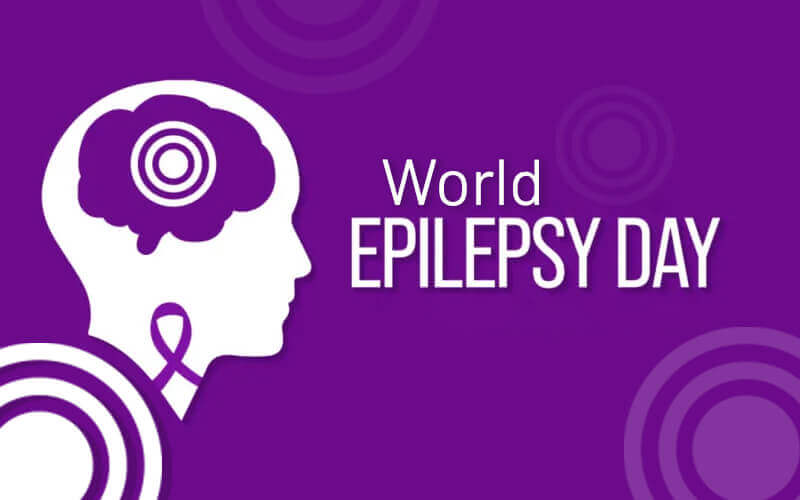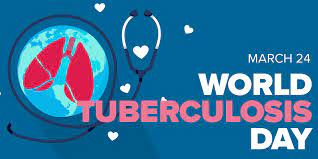Migraines up risk of heart attack: study
Thu 02 Jun 2016, 12:00:08
Women who suffer from migraines may have a slightly increased risk of developing heart attacks and strokes, and are more likely to die from these conditions than people who do not have migraine, a new study has claimed.
The findings add to evidence that migraines should be considered an important risk marker for cardiovascular disease, researchers said.
Migraine has been consistently linked with an increased risk of stroke, but few studies have shown an association of migraine with cardiovascular diseases and mortality. Researchers from Institute of Public Health in Germany and Harvard T H Chan School of Public Health in the US carried out a large prospective study to evaluate associations between migraine, cardiovascular disease and mortality.
They analysed data from 115,541 women. The participants were aged 25-42 years, free from angina and cardiovascular disease, and followed from 1989-2011 for cardiovascular events, diseases and mortality.
Overall, 17,531 (15.2 per cent) women reported a physician's diagnosis of migraine at
baseline. Over 20 years of follow-up, 1,329 total cardiovascular disease events occurred and 223 women died due to cardiovascular disease, researchers said.
baseline. Over 20 years of follow-up, 1,329 total cardiovascular disease events occurred and 223 women died due to cardiovascular disease, researchers said.
When compared to women who did not have migraines, these results show that women who reported a migraine had a greater risk for major cardiovascular disease, including heart attacks, strokes and angina/coronary revascularisation procedures, they said. These associations remained after adjusting for other factors that may have increased the risk for these diseases.
Migraine was associated with a higher risk for cardiovascular mortality. This association was similar across subgroups of women, including by age, smoking status, hypertension, postmenopausal hormone therapy, and oral contraceptive use, researchers said.
These results further add to the evidence that migraine should be considered an important risk marker for cardiovascular disease, at least in women. There is no reason why the findings cannot be applicable to men," they said.
The findings were published in the BMJ.
No Comments For This Post, Be first to write a Comment.
Most viewed from Health
AIMIM News
Latest Urdu News
Most Viewed
May 26, 2020
Do you think Canada-India relations will improve under New PM Mark Carney?
Latest Videos View All
Like Us
Home
About Us
Advertise With Us
All Polls
Epaper Archives
Privacy Policy
Contact Us
Download Etemaad App
© 2025 Etemaad Daily News, All Rights Reserved.






.jpg)

























